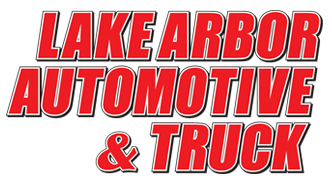Question:
How should I decide whether to pay for gasoline with a higher octane rating?
Answer:
If your car manufacturer recommends a specific level of octane for your vehicle’s gasoline, that’s the one you should use. You can usually find that information in the owner’s manual. Octane ratings measure a fuel’s ability to resist “knocking” during combustion, with higher numbers providing higher resistance. There are three things you should know about octane ratings:
- Lower octane fuels (e.g. 85) may harm your vehicle if it has never received an intake service, combustion chamber service or a fuel injection flush, all of which remove carbon buildup. When the carbon buildup raises your engine’s compression ratio, you need a higher octane.
- A higher rating might improve your car’s resistance to knocking, but it’s ultimately a temporary solution. You’ll probably see no difference in the mileage.
- A better solution to the knocking problem is to repair the combustion chamber – ultimately the repair will pay for itself via the money you don’t spend on higher-octane gas.
Bottom Line: If your car engine suffers from this pinging or knocking sound, the higher octane will help solve that problem. If your car doesn’t have this problem, save your money – don’t bother with the premium fuel. Just use the octane level that the manufacturer recommends.
